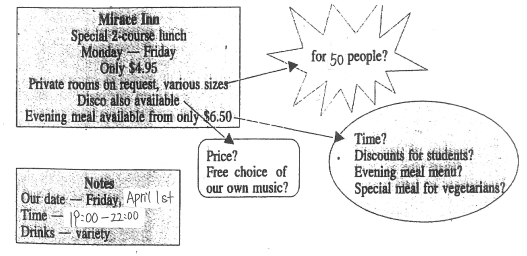题目内容
阅读下面材料,在空白处填入适当的内容(1个单词)或括号内单词的正确形式。
One Saturday morning in September I 1. (go) to a local music festival. I left it early 2. I had an appointment later that day. My friends walked me to the bus stop and waited with 3. (I) until the bus arrived. I got on the bus and found a seat near the back, and then I noticed a man 4. (sit) at the front. He pretended that a tiger toy was real and giving it a voice. He must be 5. (mental) disabled.
Behind him 6. (be) other people to whom he was trying to talk, but after some 7. (minute) he walked away and sat near me, looking annoyed. I didn’t want 8. (laugh) at for talking to him but I didn’t like leaving him on his own either. After a while I rose from my seat and walked to the front of the bus. I sat next 9. the man and introduced myself. We had 10. amazing conversation. He got off the bus before me and I felt very happy the rest of the way home.
I’m glad I made the choice. It made both of us feel good.
 中考解读考点精练系列答案
中考解读考点精练系列答案 各地期末复习特训卷系列答案
各地期末复习特训卷系列答案

